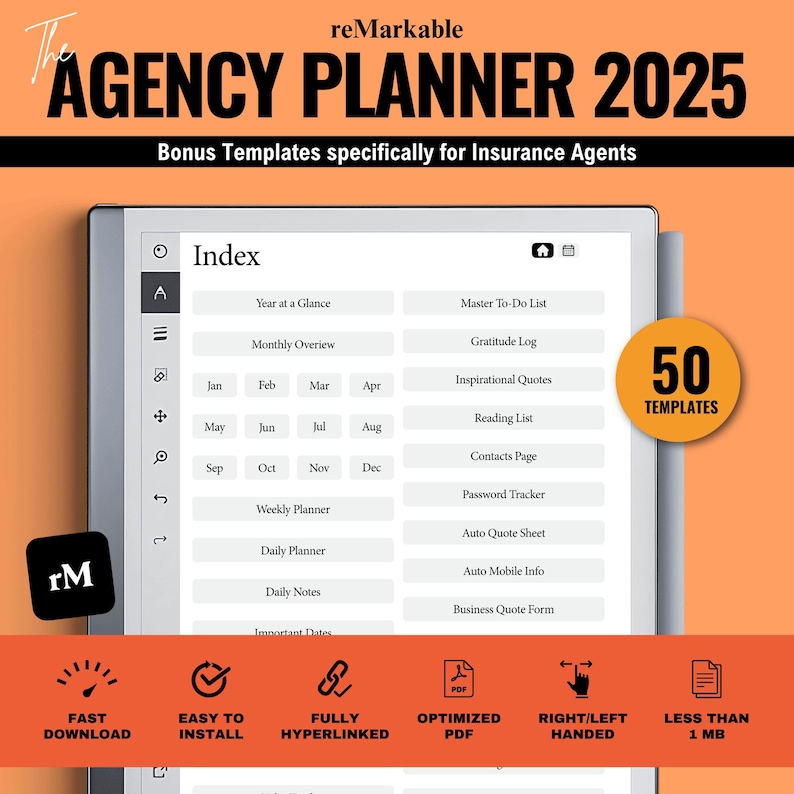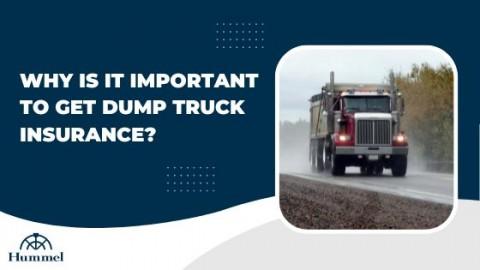When it comes to protecting heavy-duty equipment on the job site, insurance isn’t just an afterthought—it’s a necessity. Dump trucks and other construction vehicles are vital assets that face constant risks, from on-road accidents to mechanical failures and liability claims. Without the right insurance coverage, unexpected incidents can lead to hefty financial losses that threaten your business’s stability. In this article, we’ll walk you through essential insurance tips tailored specifically for dump trucks and construction vehicles, helping you safeguard your investment and keep your projects running smoothly. Whether you’re a fleet manager or an independent contractor, understanding these key considerations is crucial for comprehensive protection in a high-risk industry.
Table of Contents
- Understanding Liability Coverage for Dump Trucks and Construction Vehicles
- Choosing the Right Comprehensive and Collision Insurance Options
- Evaluating Risk Factors Unique to Heavy-Duty Construction Equipment
- Strategies for Reducing Premiums Without Compromising Coverage
- Final Thoughts
Understanding Liability Coverage for Dump Trucks and Construction Vehicles
When it comes to protecting your dump trucks and construction vehicles, liability coverage is a fundamental component of your insurance strategy. This type of coverage safeguards you from financial loss if your vehicle causes property damage or bodily injury to third parties during operations. Given the heavy-duty nature of these vehicles and the complexity of construction sites, liability claims can escalate quickly, making it crucial to understand what your policy covers and where gaps might exist. Typical liability coverage addresses:
- Third-party property damage incurred on and off the job site
- Medical expenses resulting from accidents involving your vehicle
- Legal defense costs if a claim escalates to litigation
It’s essential to examine the limits of your liability coverage in relation to the risks posed by your equipment and operations. Keep in mind that some standard policies may exclude coverage for certain incidents like hazardous material spills or damage caused by equipment not directly involved in transporting goods. Consulting with an insurance professional who specializes in construction fleet policies can help ensure your liability coverage is tailored to reflect the unique liabilities of your dump trucks and heavy machinery, ultimately protecting your business’s financial stability on every job.
Choosing the Right Comprehensive and Collision Insurance Options
Evaluating Risk Factors Unique to Heavy-Duty Construction Equipment
When insuring heavy-duty construction equipment, it’s crucial to consider the unique operational hazards associated with these machines. Unlike standard vehicles, dump trucks and other construction vehicles face exposure to harsh environments, including uneven terrains, extreme weather conditions, and constant heavy loads. Their prolonged use in high-risk zones such as active construction sites increases the likelihood of mechanical failures, accidents, and liability claims. Moreover, the sheer size and weight of these vehicles can exacerbate damage severity, raising both repair costs and potential downtime.
Key risk factors that should be meticulously evaluated include:
- Frequent exposure to rough or unpaved surfaces that accelerate wear and tear.
- Potential for rollovers or collisions due to limited visibility and maneuverability.
- Theft and vandalism risks, especially at unmanned or remote job sites.
- Regulatory compliance demands, which can affect coverage based on operator licensing and vehicle maintenance.
Addressing these factors upfront not only helps tailor insurance policies to reflect real-world challenges but also leverages risk mitigation strategies that can ultimately reduce premiums.
Strategies for Reducing Premiums Without Compromising Coverage
Optimizing insurance costs for dump trucks and construction vehicles requires a blend of strategic planning and risk management. One effective approach is to conduct a thorough review of your fleet’s usage patterns and eliminate coverage for vehicles that are idle or used infrequently. Additionally, boosting your vehicles’ safety features—such as installing GPS tracking, dash cams, and enhanced braking systems—can translate into lower premiums by demonstrating a commitment to risk reduction. Regular maintenance records and driver training programs also signal to insurers that your fleet is well-managed, which can help negotiate better rates without sacrificing essential coverage.
Another vital component is tailoring your policy to fit the specific needs of your operation rather than opting for one-size-fits-all coverage. Consider discussing with your insurer the possibility of adjusting deductibles, bundling policies, or exploring multi-vehicle discounts. Implementing a robust claims management process that promptly addresses incidents and disputes can reduce costly payouts over time, further bringing premiums down. In practice, these methods combine to create a comprehensive shield for your equipment while preserving the financial agility crucial in the competitive construction industry.
- Regular vehicle and safety equipment upgrades to keep risk levels low
- Detailed usage audits to avoid paying for unnecessary coverage
- Comprehensive driver training focused on accident prevention
- Leveraging insurer partnerships for bulk or long-term discounts
Final Thoughts
In the fast-paced and high-risk world of construction, ensuring your dump trucks and heavy machinery are adequately insured is not just a precaution—it’s a necessity. By understanding the unique insurance needs of your fleet, from liability coverage to comprehensive protection against damage and theft, you safeguard your business against unforeseen setbacks. Remember, the right insurance policy not only protects your investment but also provides peace of mind, letting you focus on what truly matters: getting the job done safely and efficiently. Stay informed, review your coverage regularly, and consult with industry experts to keep your construction vehicles—and your business—secure on every project.






